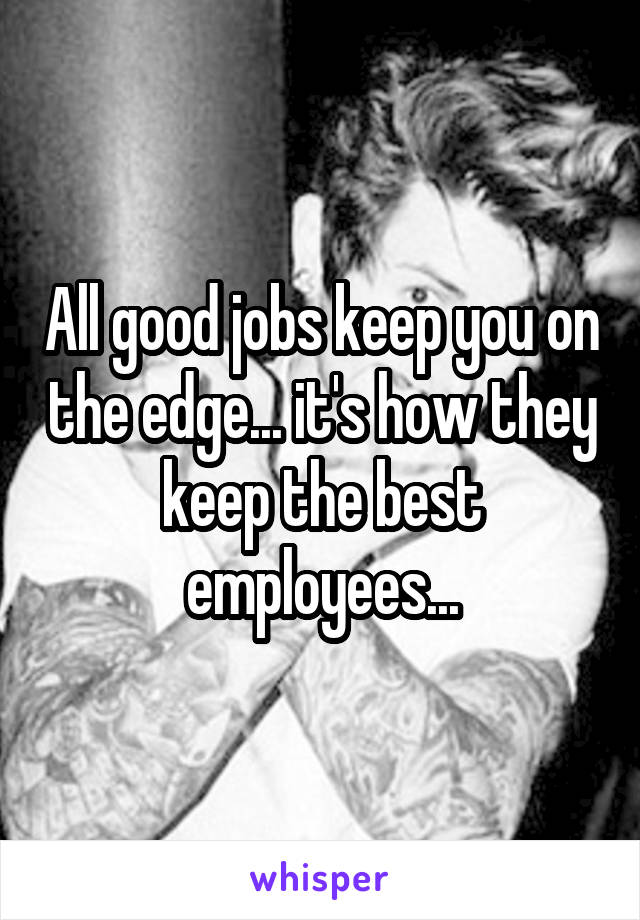
"This means that on payday you move money straight into savings, rather than waiting until the end of the month to see if there's any cash left in your account (there usually isn't)." The key to paying yourself first is figuring out how much you can save so that you don't have to dip into the savings later in the month, so she recommends underestimating this amount to begin with and increasing it with time. Your career has had a strong start but now you yearn for a different experience however, you’re balancing this with the concern for your long-term career and that you won. "Ideally, you want to ensure you have at least enough in the bank to cover your expenses for the worst-case situation, whether that is three or six months." Her best advice for saving is to pay yourself first.

Its up to you if you want to explain your reasons. 'You need to feel joy, fulfillment, curiosity, and excitement at some points in your day,' she said. What you should aim for is an amount that will enable you to cover your monthly expenses at a minimum and will cover the worst-case scenario when it comes to finding new work, be it a new role or self-employed. Youll need to inform your employer, either in writing or verbally, that youre quitting without notice. A job without any flow is likely to remain pretty terrible, Pearson said. As Ellie puts it, there is no 'right amount' to save before leaving a job as it depends on individual circumstances and expenses.

Cutting expenses and reducing debts are a path to helping you save but deliberately saving, where possible, is key. You’ve been slowly stashing cash, dreaming of the day when you can just walk out the door.


 0 kommentar(er)
0 kommentar(er)
